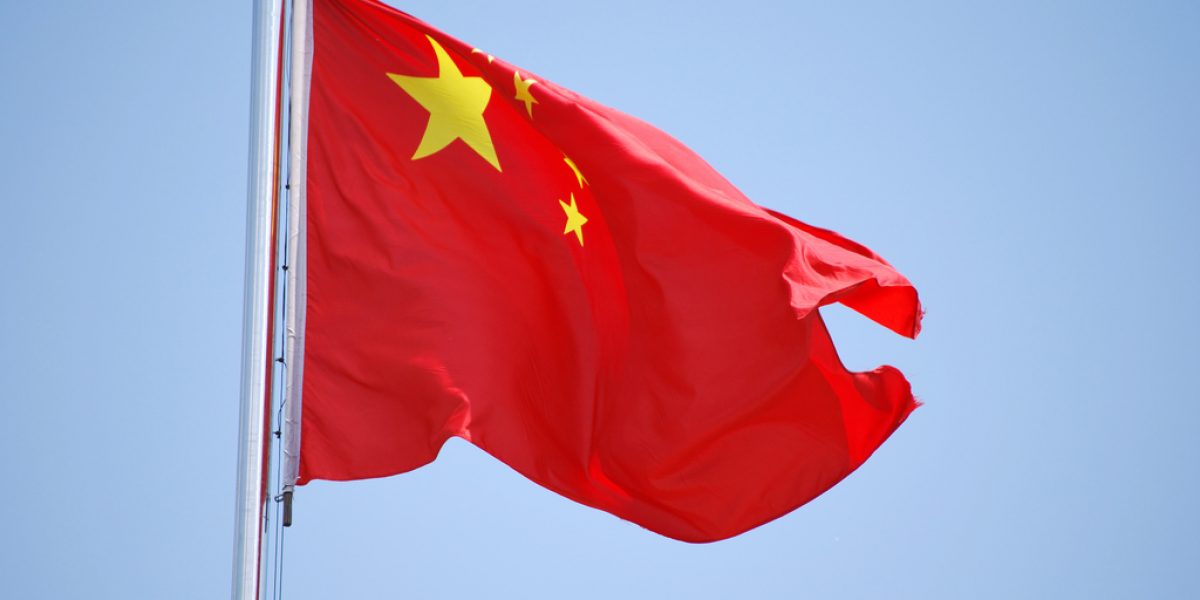Sino-Africa trade had reached $72 billion in the first eight months of 2008, a 62% increase from the previous year. This prospect was further reinforced by the belief that the world economy was going through the so called “decoupling” process i.e. events in the US economy do not or no longer have a big impact on the rest of the world. Hence, when the head of the Africa Department at the Chinese Ministry of Commerce Zhou Yabin predicted that China-Africa trade would decelerate somewhat due to the financial crisis; analysts were surprised and there was some sense of confusion. This article analyses the channels through which a recession in the US can affect the global economy and trade between China and Africa.
There are two channels through which events in the US economy can affect the rest of the world; the trade channel and the financial channel. The latter is more immediate because of cross border financial linkages or integration brought by globalisation. Thus, a drop in asset prices in the US, the epicentre of the financial crisis, because of a recession also leads to lower asset prices in economies where cross linkages are high. The US is also the centre of the world financial system hence the severity of the crisis and the potential knock-on effects to the rest of the world economy is great. The world has experienced the effects of the financial channel in the last few months, with most stock exchanges across the world crashing and some halting trade. There have also been widespread initiatives by developed country central banks to save their financial systems by boosting liquidity. Analysts are already predicting a deep and potentially long lasting recession in the developed world. As this continues, we are likely to see widespread intervention in the developing countries as the next wave of the crisis engulfs them.
The former (the trade channel) has so far received less attention. This may be due to the fact that unlike the financial channel, the trade channel works with lags and its effects take a while to be felt. Trade constitutes a significant part of the world economy and the level of trade has been rising over the years. In the past few decades global trade flows growth rates have consistently outstripped global GDP growth rates, so global trade to GDP rates have also been rising rapidly. However, this is still concentrated in the stellar performance of relatively few countries, notably China. Despite the formation of the EU and the performance of emerging economies the US is still the largest economy in the world on most parameters. The US is the biggest importer in the world and most Asian countries including China whose economies are export driven derive much of their incomes from exports to the US. However, it should be noted that China’s GDP growth is substantially driven by domestic investment. Nonetheless, recession prospects in the US will affect China’s export incomes. This then affects the ability of China to import from resource rich African countries.
In recent weeks most commodity prices have declined due to reduced demand linked to the financial crisis. There are signs that China’s demand for raw materials has decreased. There are also reports that prices of futures on soft commodities such as sugar, soya bean, wheat, maize and coffee have also seen some losses despite the ongoing world food crisis. This might have both positive and negative impacts on Africa. For African countries that rely on exports of commodities to China, a reduction in export prices might affect their incomes. A reduction in price of soft commodities on the other hand would come as a relief to African countries that rely on food imports to meet their food requirements and have been struggling due to the recent global food prices crisis.
Therefore, the prediction by the Chinese authorities that China-Africa trade would decelerate in the face of the current global financial crisis was not far fetched. It is likely that the Chinese economy will grow albeit at lower rates. The “decoupling” of the world economy is not nearly complete; China has “decoupled” to some extent but not other emerging markets. The US is still the world’s central economy and will be for the foreseeable future.
One can therefore ask what the prospects for Africa’s growth through trade with China are. Commodity exports to China will still be an important component of Sino-Africa trade. However, this trade will not be at the same level as before and prices of most commodities will decrease as global demand decreases. This will be further worsened by the predicted deep and potentially long lasting recession in the developed world. This gloomy situation is further exacerbated by the fact that in the developed world the financial crisis is severely affecting the European Union (EU). In fact, the consensus is that the effects of the crisis are worse in the EU than in the US. This situation is not encouraging for China-EU and Africa-EU trade prospects. The EU is an important export destination for China and Africa. Despite the rapid increase in Sino-Africa trade, the EU still dominates Africa’s trade and investments. Hence, the impacts of the trade channel will depend on how long the current global financial crisis lasts for. The longer it lasts, the worse it will get.








